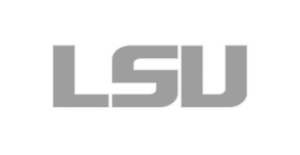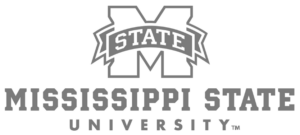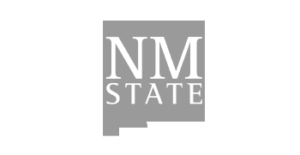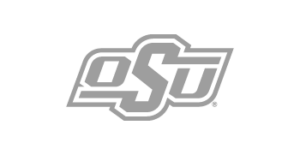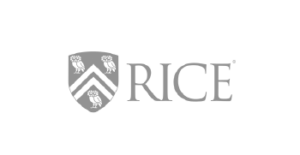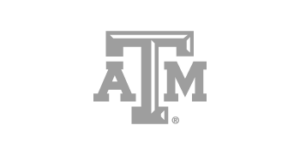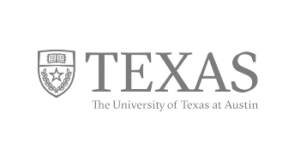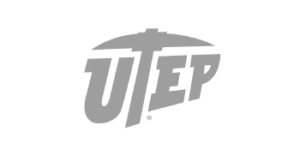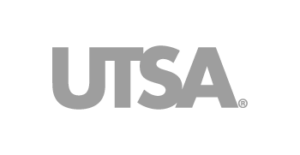National Science Foundation
NSF 15-050
Dear Colleagues:
A well-prepared STEM workforce capable of innovation is crucial to the Nation’s health and economy. The Committee on Science, Technology, Engineering, and Mathematics Education (CoSTEM) under the National Science and Technology Council (NSTC) has developed a five-year strategic plan in support of science, technology, engineering, and mathematics (STEM) education. Among the strategic objectives identified in the plan is a call for broader implementation of effective instructional practices and advances in education.
To challenge NSF researchers to think beyond their research results and toward broader adoption of STEM education and learning innovations, NSF’s Innovation Corps Teams Program (I-Corps Teams – a description of which can be found in the I-Corps Teams solicitation) will encourage proposals that take discoveries and promising practices from education research and development and promote opportunities for widespread adoption, adaptation, and utilization. I-Corps for Learning (I-Corps L) Teams will receive support – in the form of mentoring and funding – to accelerate innovation in learning that can be successfully scaled, in a sustainable manner.
Getting the best evidence-based practices out to potential adopters where those practices can benefit large numbers of students or learners, rather than just in a few classrooms or informal learning organizations, requires an entrepreneurial approach. There are a number of analogous elements between trying to bring product discoveries to market and getting learning innovations into broad practice that NSF can leverage to help promote widespread use of promising educational learning practices. Through I-Corps L, the tools of science can benefit education researchers by helping them to identify approaches that are effective in STEM teaching and learning.
To be eligible to pursue funding, proposers must have received a prior award from NSF (in a STEM education field relevant to the proposed innovation) that is currently active or that has been active within five years from the date of the proposal submission. Proposers are expected to be able to provide proof-of-concept evidence for the efficacy of the innovation. Consideration will be given to projects that address K-12, undergraduate, graduate, and postdoctoral research, as well as learning in informal science education environments. The lineage of the prior award extends to the PI, co-PIs, Senior Personnel, Postdoctoral Scholars, Professional Staff or others who were supported under the award. Proposers will identify a project team that minimally consists of:
- The principal investigator (who received the prior award);
- An entrepreneurial lead (who is committed to investigate the landscape surrounding the innovation);
- A mentor (who understands the evidence concerning promise, e.g., from an institutional education-focused center or commercial background that will help inform the efforts).
The outcomes of the projects are expected to be threefold:
- A clear go/no go decision concerning the viability and effectiveness of the learning-oriented resources/products, practices and services.
- An implementation “product” and process for potential partners/adopters.
- A transition plan to move the effort forward and bring the innovation to scale.
The teams will participate in a focused effort throughout a 7-week period to fully develop and implement a strategy to scale the education innovations. The effort will begin with a three-day grantee entrepreneurial immersion workshop, which will be followed by five weeks of virtual meetings, and culminate in a two-day “lessons learned” presentation workshop. The teams will be mentored by a group of education experts who have experience in bringing innovations to scale or success in bringing findings or intellectual products of NSF-funded work into practice. The teams will also have access to guidance from the instructors of the I-Corps Teams program who teach courses that use a hypothesis-testing, scientific method of discovery that would be familiar to researchers, in order to garner needed insights regarding issues associated with their innovations. Each team’s progress will be tracked through a web-based tool that is accessible only to NSF and the I-Corps L teams.
Successful completion of the effort is expected to produce products or ideas that have been fully developed and that contribute to widespread implementation of learning innovations. I-Corps L will help NSF understand the potential value of using the I-Corps model to improve learning and develop education thought leaders who can help others to be more innovative in their teaching and bring effective technologies/practices to scale.
SUBMISSION DEADLINE AND TITLE INSTRUCTIONS
Proposals must be submitted in accordance with the guidance provided in the I-Corps Teams solicitation by April 15, 2015 to be considered for participation in the July-August 2015 (7-weeks) cohort. Investigators who submit to the I-Corps Team Program in response to this DCL are asked to include in their title “I-Corps L.”
FUNDING LEVEL AND AWARD DURATION
Funding for each I-Corps L Team is $50,000 per award, for up to six months. Proposal budgets must comply with the guidance provided in the I-Corps Teams solicitation.
Sincerely,
Joan Ferrini-Mundy, Assistant Director
Education and Human Resources
